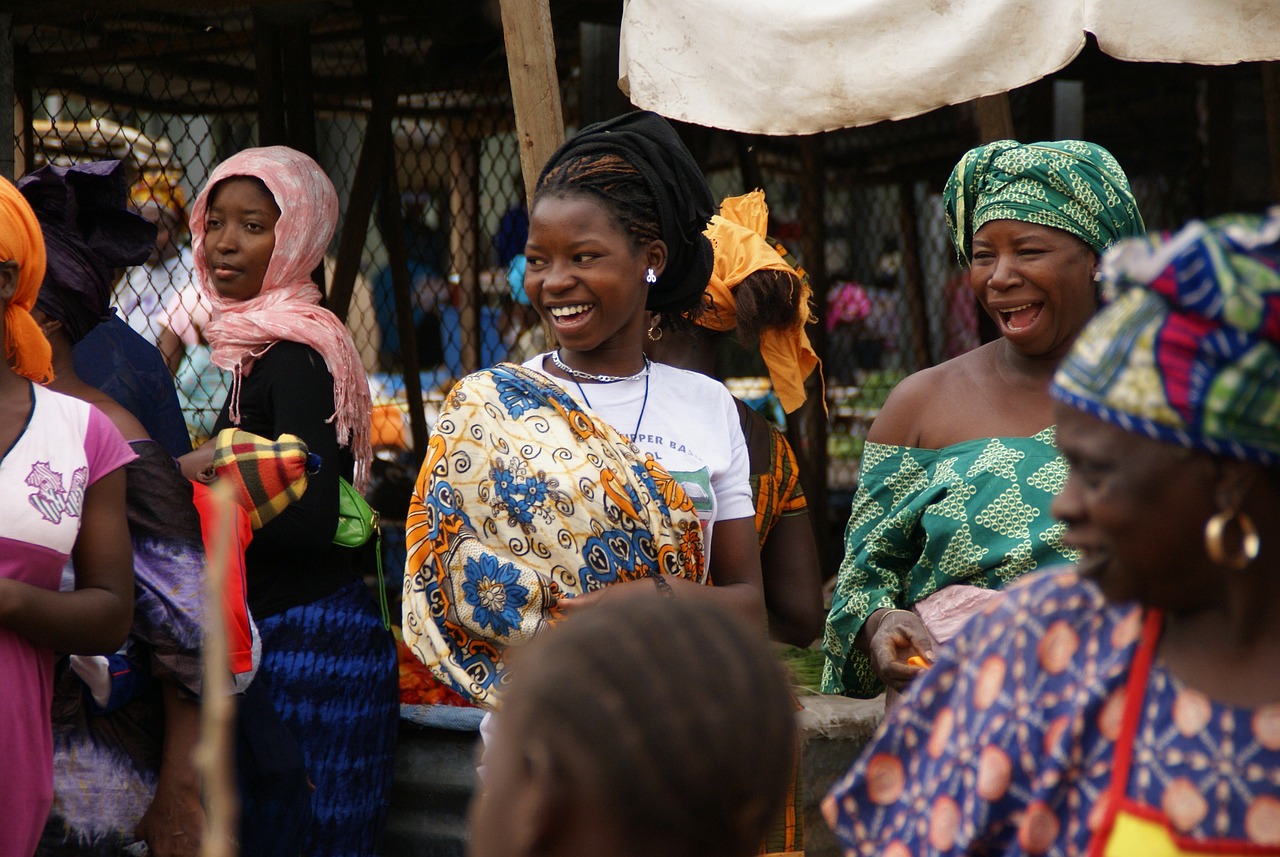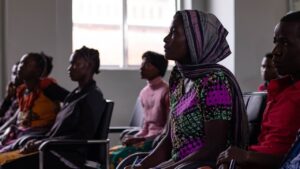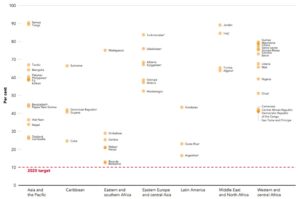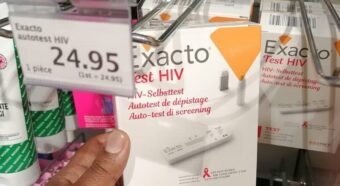Catalyzing Change: Breaking Barriers and Building Bridges for Community, Rights, and Gender Equality
- November 23, 2023
- Community Rights and Gender / Rights and Gender
- By The Bureau
- Read in French

Community, Rights and Gender (GRC) discussions share many similarities with those on HSS: progress is often slow and non-linear. Our partnership’s three-year cycle and Key Performance Indicators system that work so well for our biomedical approach to fighting diseases appear ill-suited for the complex tasks of changing minds or century-old attitudes and behaviours. Societal changes take persistence and continuous negotiations in a way that wins over gatekeepers and other stakeholders. This is the prism through which we encourage our partnership to approach the restrictive new bills so that diplomatically, we make progress.
Also, it might be important to consider multi-pronged approaches. For instance, in our constituencies, the African Union has a new Initiative on Positive Masculinity: Men as Champions to end Violence Against Women and Girls in Africa with an annual meeting of African heads of state. It may be worthwhile to explore areas for collaboration and whether the collaboration can bear fruit in terms of gender equality and progress on violence against women and girls.
Stigma and discrimination

Some countries in ESA constituencies are close to the target of 10% set by UNAIDS, but many more are far away as the UNAIDS graph below indicates. Sadly, key populations are not the only groups at the receiving end of stigma and discrimination, especially in HIV low prevalence areas. Click & Tweet! The percentage of people answering “no” to questions on purchasing fresh vegetables from women living with HIV and children living with HIV school attendance are alarming.
Our constituencies are interested in lessons learned from the experiences of Rwanda, Botswana and other countries that have met or are closer to the target for the benefit of others that are farther away.
Figure 1: Percentage of men and women aged 15–49 years with discriminatory attitudes towards people living with HIV, countries with available data, 2018–2022

Source: Progress towards the 2025 targets, page 170 – UNAIDS


